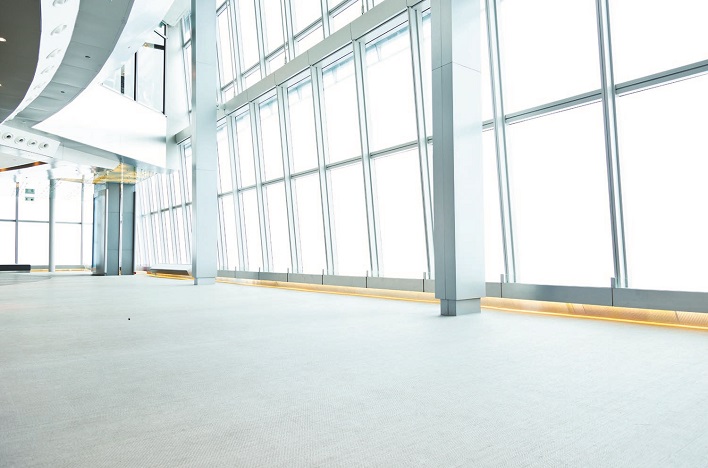Make sure it’s a good decision for your particular situation.
If you’re thinking about buying a building for your business, then your business is probably growing and profitable. Congratulations! Purchasing a building can insulate your company from rising lease rates over the long term and help build wealth for you as the business owner.
Acquiring a building may be an excellent investment for a business owner, but it’s important to base your decision on dedicated research—and not on real estate cliches that are inaccurate for your particular situation. Before you make that big investment, here are a few things to consider.
Do Your Homework
Forecast your business’s square footage needs for the next 10 years // Be sure to include room for employees, distribution, warehousing, storage and growth. Leases usually last three to five years, but loans are typically a 20- to 25-year commitment. Think of it like dating vs. marriage. If your business is growing rapidly and growth requires more space, it may actually be better to lease until your sales and space needs stabilize.
Identify the area of the city you would like (or need) to be located // Take yourself, employees, customers, suppliers and even amenities into consideration. Buildings in high-traffic areas command higher prices, but if you are a service business catering primarily to other businesses, you may not need to pay for increased accessibility.
Figure Out a Budget
Identify your building budget before-hand, including:
Projected monthly and annual occupancy expenses //
» Property taxes (annually, this is usually equivalent to 3 percent of price)
» Hazard and liability insurance
» Maintenance (such as snow removal and lawn care)
» Building management (yes, it takes time, even if you are the only occupant)
Total capital expenditure for the building // Estimate on the high side, then add another 10 to 20 percent for contingencies, especially if you’re thinking about doing renovations. Plan for soft costs—licensing, title insurance, appraisal, survey, environmental studies, inspections—which are sometimes overlooked, but can be significant. Remember that it’s less painful to come in under budget than over budget.
Down payment // Can you afford the down payment without impacting your business’s need for working capital? A conventional lender will want a 20 to 25 percent down payment, while an SBA lender will require 10 to 20 percent, depending on the type and credit of the business.
Hire an Expert to Help
Since you’ve probably never done this before, you will save money by hiring a few experts to help. Also, if your business is growing, then you probably do not have the four to six hours a week it requires to do this yourself. Don’t be afraid to get help. Options include:
Commercial Realtor // Hire a commercial Realtor who specializes in your type of building and knows the area you’ve identified. In the Kansas City region, the seller typically pays all commissions to Realtors, including the buyer’s agent. Using a Realtor who facilitates commercial building transactions is invaluable.
Attorney // Consult your attorney to understand the type of legal entity required to hold the building.
Accountant // Your accountant can help you understand the current and future tax considerations and estate implications of your purchase.
Bank or lender // How much building can you finance? Discuss your project with your banker or lender. Before they’ll finance a building, lenders typically want your cash flow to be at least 1.2 to 1.5 times your projected occupancy expense.


